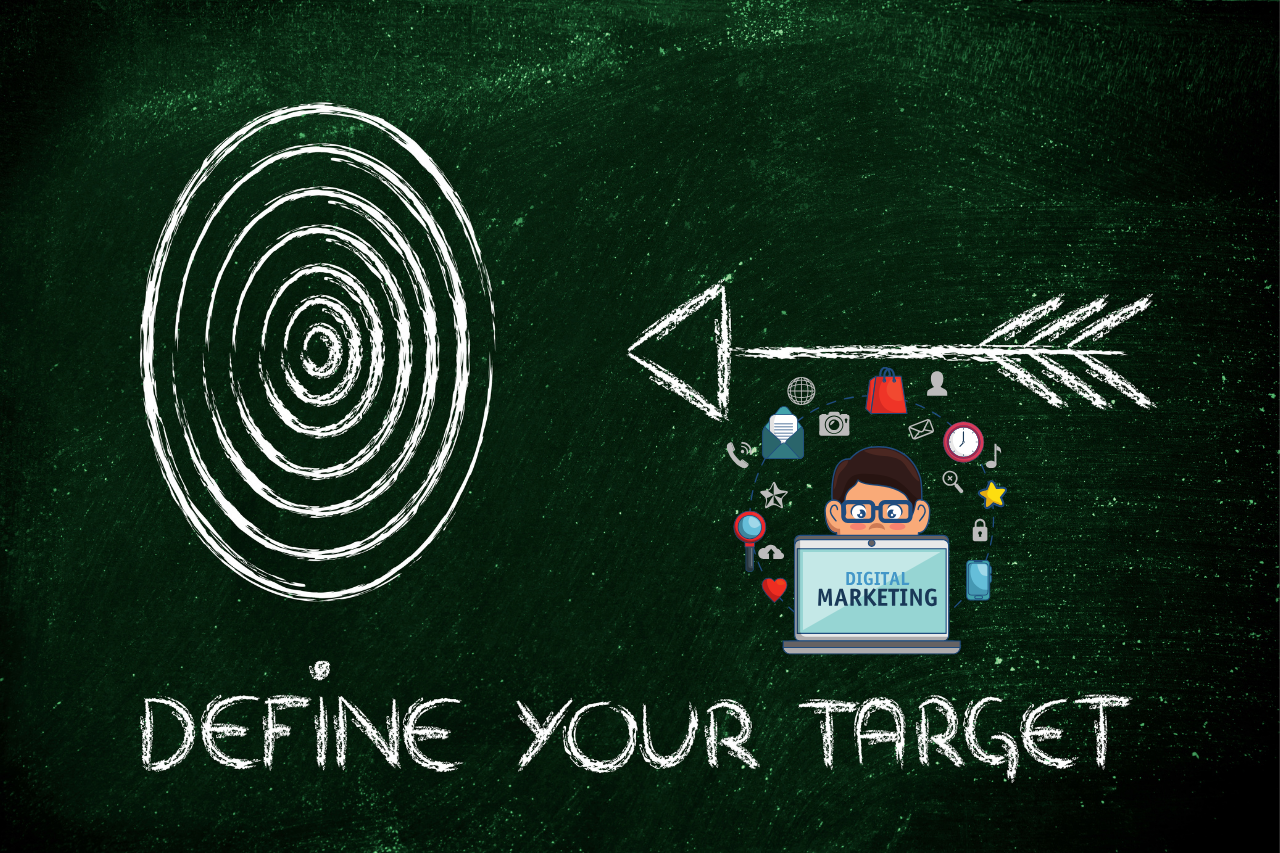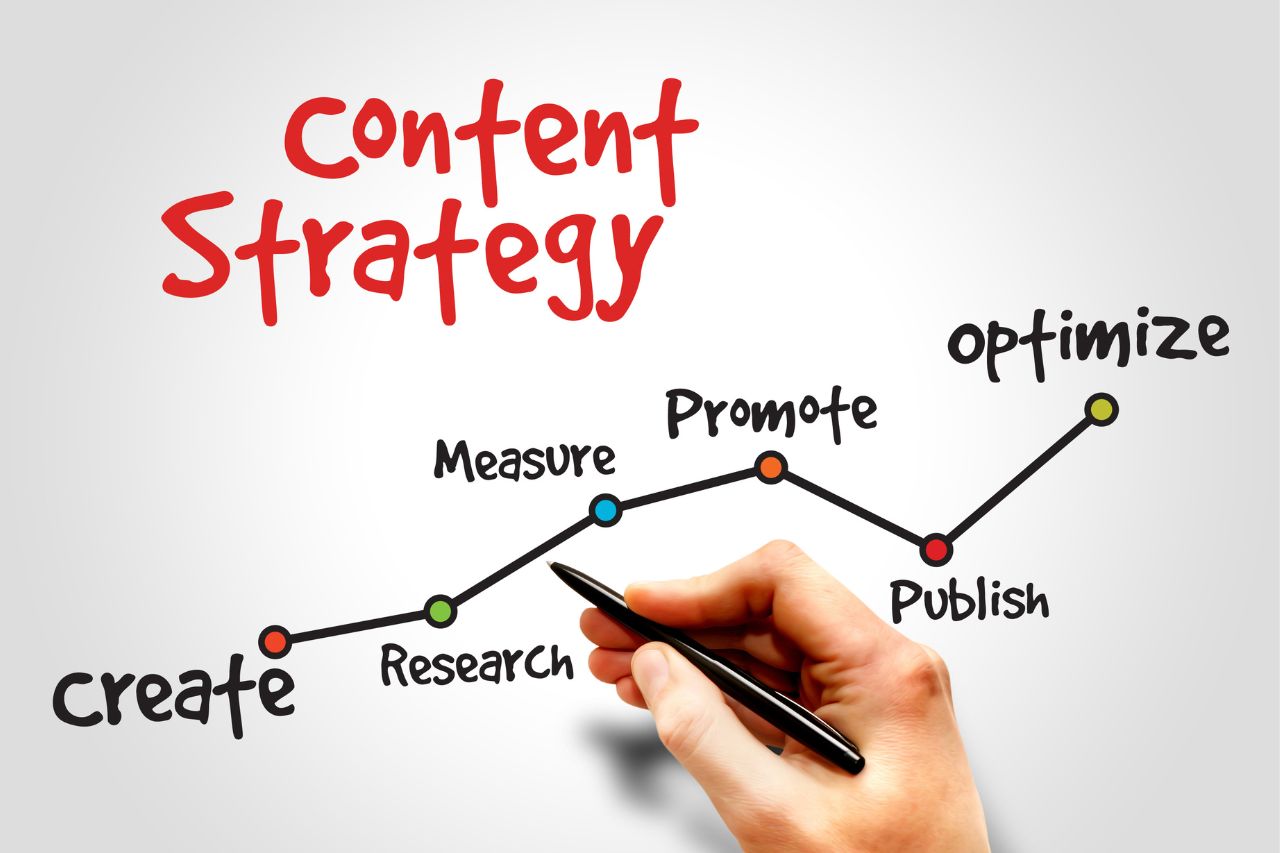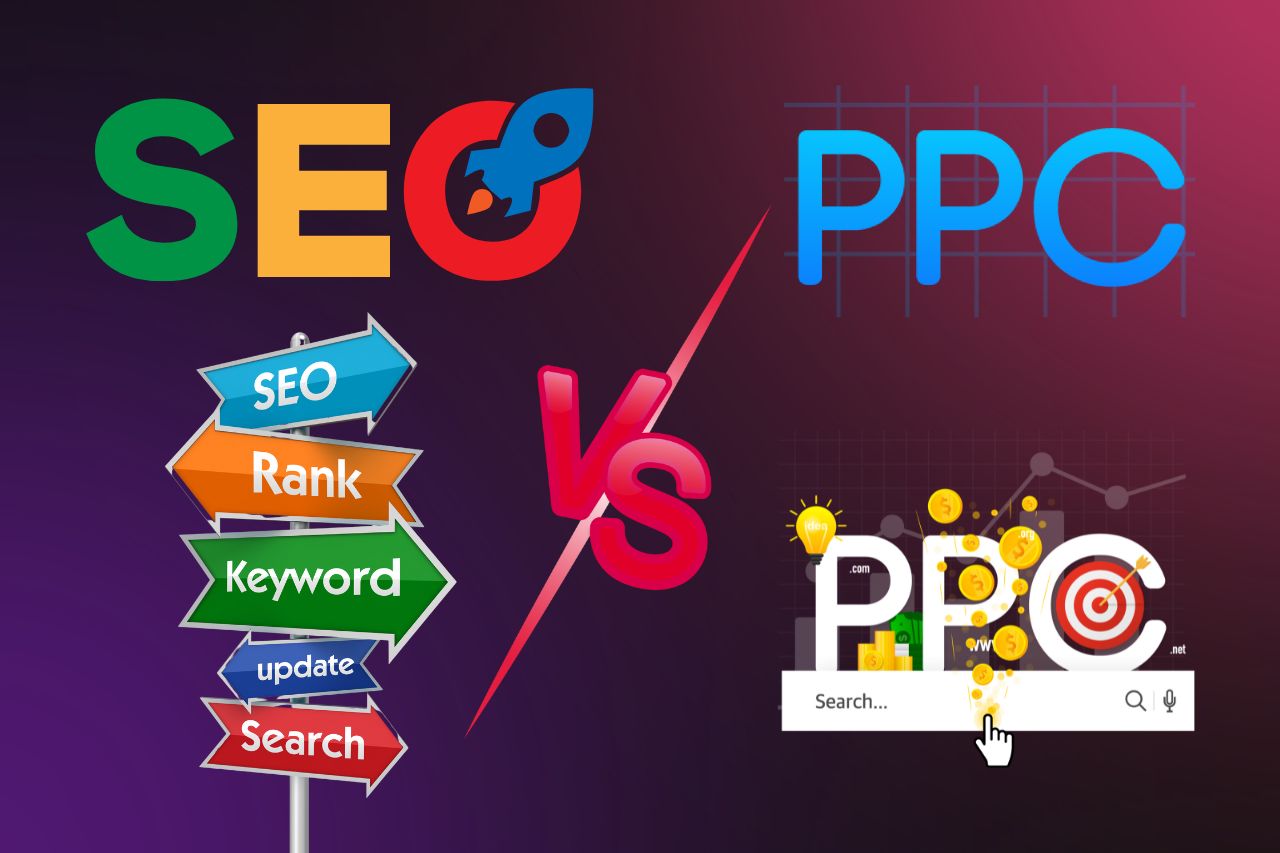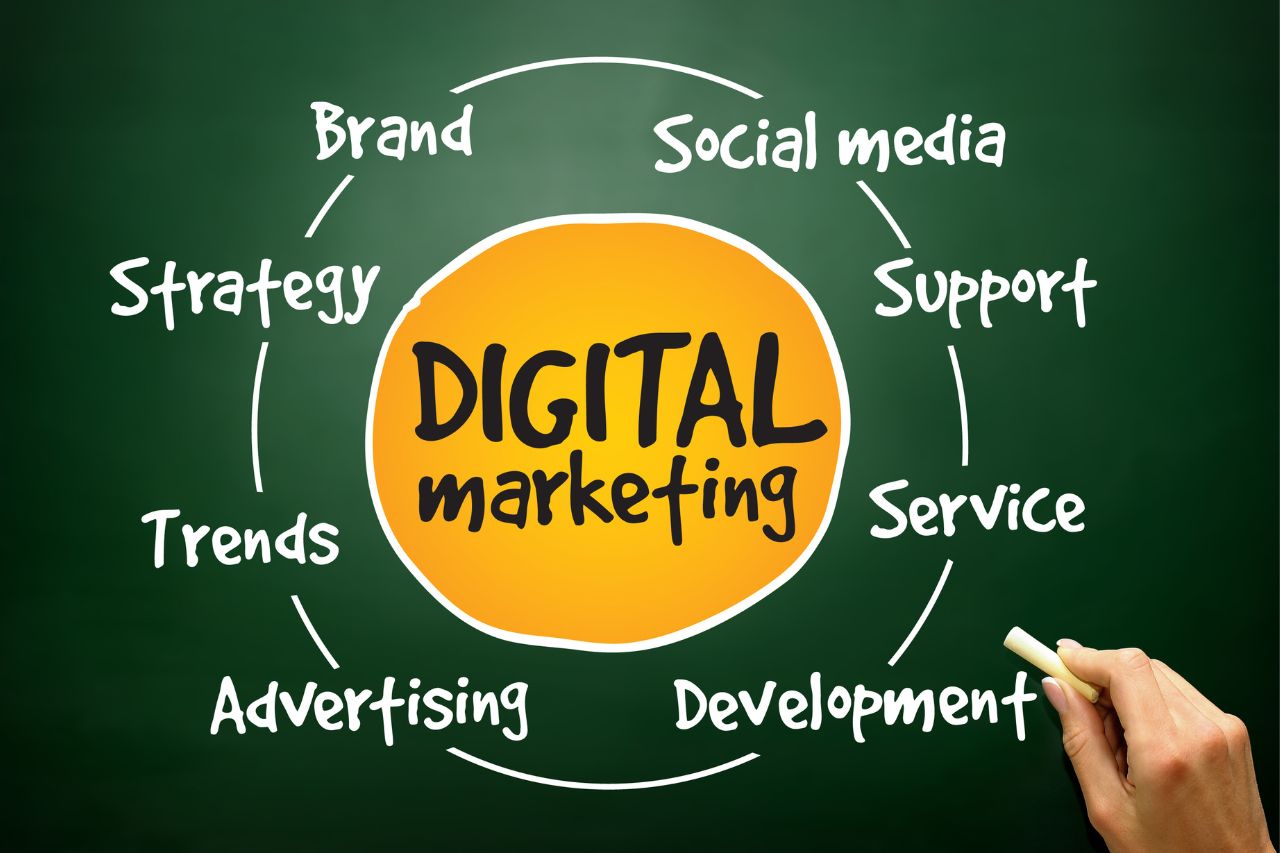In today’s fast-paced, technology-driven world, digital marketing has become an essential component of any business strategy. The increasing reliance on the internet, mobile devices, and social media platforms has revolutionized how businesses interact with consumers. As we enter 2024, the need for digital marketing has never been more urgent or more relevant. Whether you are a small business owner, a startup, or an established enterprise, digital marketing is the key to growth, visibility, and success in the modern world.
As Chandan Kumar Mehta, Co-founder of Global Info Edge, with over 15 years of experience in performance marketing, lead generation, and conversion rate optimization (CRO), I’ve seen firsthand how digital marketing has transformed businesses across industries. With my expertise in advanced techniques using Google Ads, Facebook Ads, LinkedIn Ads, and Bing Ads, as well as marketing automation, I understand how critical it is for businesses to adopt digital marketing strategies that not only enhance their reach but also drive measurable results.
In this blog post, I’ll explore why every business needs digital marketing in 2024, focusing on the key advantages that it brings and how businesses can leverage the digital landscape to stay ahead of the competition.
1. Wider Reach and Global Presence
In the past, traditional marketing methods were limited by geography, time zones, and physical barriers. A small business in a local market could only rely on local advertisements or word-of-mouth to grow. However, digital marketing allows businesses to break these geographical boundaries and connect with audiences from across the globe.
Whether you’re selling a product or offering a service, digital marketing provides the opportunity to reach a much larger audience. The internet is accessible to billions of people worldwide, and with a well-designed digital strategy, businesses can easily target specific demographics, interests, and behaviors to maximize their marketing impact.
For instance, through Google Ads, businesses can target users based on location, keywords, and browsing behavior. Social media platforms such as Facebook, Instagram, and LinkedIn offer advanced targeting options that allow businesses to engage with their audience on a deeper level. As a Performance Marketing Specialist, I’ve worked with many clients to optimize their campaigns for greater reach, enabling them to expand their brand visibility both locally and internationally.
2. Cost-Effectiveness
One of the most significant advantages of digital marketing over traditional marketing is its cost-effectiveness. Traditional advertising channels like TV commercials, billboards, and print ads often require substantial budgets, making it challenging for small businesses or startups to compete with larger organizations. On the other hand, digital marketing provides affordable alternatives that are scalable and accessible to businesses of all sizes.
Pay-per-click (PPC) advertising allows businesses to pay only when a user clicks on their ad, ensuring that every dollar spent is directed toward engaging potential customers. Platforms like Google Ads, Facebook Ads, and LinkedIn Ads offer flexible budgets, giving businesses complete control over their spending. As a digital marketing expert, I’ve seen businesses achieve incredible results with relatively small budgets by optimizing their campaigns and targeting the right audience.
Moreover, email marketing is an affordable way for businesses to stay connected with their customers, nurture leads, and drive repeat sales. With marketing automation tools, businesses can send personalized emails based on customer behavior, making it a highly effective and cost-efficient method of communication.
3. Data-Driven Insights and Analytics
Digital marketing offers businesses the ability to collect and analyze vast amounts of data, enabling them to make informed decisions about their marketing strategies. Unlike traditional marketing methods, where measuring the ROI (Return on Investment) is often difficult, digital marketing provides real-time analytics that allow businesses to track the performance of their campaigns.
With Google Analytics and other tracking tools, businesses can monitor user behavior on their website, identify which pages drive traffic, and track conversions. This data allows businesses to make adjustments to their marketing strategies in real time, ensuring that their resources are being used effectively.
Additionally, A/B testing is another valuable tool in digital marketing. By testing different ad creatives, landing page designs, or call-to-action buttons, businesses can identify what works best for their audience and optimize their campaigns for higher conversion rates. As someone specializing in Conversion Rate Optimization (CRO), I’ve seen how data-driven decisions can significantly improve the effectiveness of marketing campaigns.
4. Targeted Audience Engagement
One of the most powerful aspects of digital marketing is its ability to target highly specific audiences. Whether it’s based on demographics, interests, behavior, or location, digital marketing allows businesses to tailor their messages to a highly targeted group of individuals. This increases the chances of converting leads into customers, as businesses are speaking directly to people who are most likely to be interested in their products or services.
For example, Facebook Ads enables businesses to target users based on age, gender, location, interests, and even behaviors like past purchases. Similarly, LinkedIn Ads allow businesses to target professionals based on their job titles, industry, and company size. As a Performance Marketing Specialist, I’ve been able to help businesses reach their most valuable audience segments through targeted campaigns, driving higher engagement and conversions.
Additionally, retargeting ads allow businesses to re-engage visitors who have interacted with their website or social media but did not convert. By showing them tailored ads across different platforms, businesses can encourage these users to return and complete their purchase.
5. Improved Customer Interaction and Relationship Building
Digital marketing fosters direct communication between businesses and their customers, creating opportunities for real-time engagement. Whether through social media, live chats, or email, businesses can respond to customer inquiries, address concerns, and offer personalized recommendations in a timely manner.
Social media platforms like Instagram, Twitter, and Facebook allow businesses to engage with customers by responding to comments, sharing relevant content, and even running customer service operations. This direct engagement helps build a stronger relationship with customers, leading to increased trust and brand loyalty.
Moreover, chatbots and AI-powered customer service tools are becoming increasingly popular for businesses that need to handle large volumes of customer inquiries. These tools provide immediate responses to customers, ensuring they don’t have to wait for hours or days to get their questions answered.
In 2024, customer experience is a critical factor in business success, and digital marketing offers numerous ways for businesses to deliver an exceptional, personalized experience that strengthens customer relationships.
6. Increased Brand Visibility and Awareness
With millions of businesses competing for attention online, digital marketing helps ensure that your brand stands out in a crowded market. By utilizing search engine optimization (SEO), businesses can increase their visibility on search engines like Google, making it easier for potential customers to find their products or services.
SEO is an ongoing process that involves optimizing website content, improving page speed, and obtaining high-quality backlinks. By appearing higher in search engine results pages (SERPs), businesses can increase organic traffic and generate more leads. As a Google Ads expert, I also encourage businesses to invest in PPC advertising, which places their ads at the top of search results, providing an immediate boost to visibility.
Content marketing also plays a vital role in brand visibility. By producing high-quality blog posts, videos, infographics, and other forms of content, businesses can engage with their audience, demonstrate their expertise, and drive traffic to their website. Additionally, sharing valuable content on social media platforms helps businesses stay top-of-mind and reach a broader audience.
7. Flexibility and Scalability
One of the key advantages of digital marketing is its flexibility. Businesses can scale their efforts depending on their goals, budget, and resources. If a campaign is performing well, businesses can increase their spending to amplify results. Conversely, if a campaign isn’t delivering the desired results, businesses can adjust or pause it without incurring substantial losses.
For businesses that are growing or scaling, digital marketing provides the tools and strategies needed to reach new customers, enter new markets, and expand their product offerings. With lead automation tools and CRM systems, businesses can manage and nurture a growing customer base, ensuring that they continue to deliver a personalized experience.
8. Staying Ahead of the Competition
In 2024, businesses that fail to adopt digital marketing strategies risk being left behind by their competitors. The digital landscape is constantly evolving, with new technologies, platforms, and marketing techniques emerging regularly. To stay competitive, businesses must embrace digital marketing and continuously adapt to new trends and opportunities.
Whether it’s influencer marketing, video marketing, voice search optimization, or AI-powered marketing tools, businesses must stay on top of industry trends to maintain a competitive edge. By leveraging cutting-edge digital marketing strategies, businesses can outperform their competitors and remain relevant in a fast-paced marketplace.
Conclusion
The importance of digital marketing in 2024 cannot be overstated. From global reach and cost-effectiveness to targeted audience engagement and data-driven insights, digital marketing offers unparalleled opportunities for businesses to grow, connect with customers, and stay ahead of the competition. As a Performance Marketing Specialist, I have seen firsthand how digital marketing strategies can transform businesses, driving leads, sales, and long-term success.
No matter the size of your business or the industry you’re in, digital marketing is no longer optional—it’s a necessity. If you haven’t yet embraced digital marketing, now is the time to start. With the right strategies in place, your business can thrive in 2024 and beyond.







